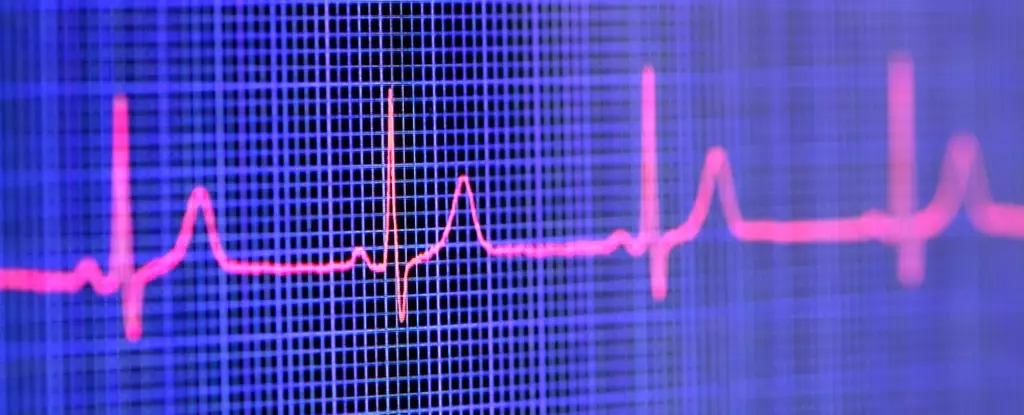Personalized chronotherapy, the practice of aligning the timing of blood pressure medication with an individual’s chronotype, has shown promising results in reducing the risk of heart attack, according to a recent study. Your chronotype, which is determined by your circadian rhythm, influences when you naturally go to sleep and wake up. By taking your medication at the appropriate time based on your chronotype, you could potentially safeguard your heart health and mitigate the risks associated with hypertension.
The study, conducted by an international team of researchers, involved more than 5,300 participants who were divided into groups and instructed to take their blood pressure medication at different times of the day. The individuals’ chronotypes were identified through a series of questions before the study commenced, allowing the researchers to tailor the timing of medication administration to each participant’s unique biological clock. Over the course of several months, the participants were closely monitored to assess the impact of personalized chronotherapy on their heart health.
The Role of Circadian Rhythms in Blood Pressure Regulation
Our circadian rhythm, a 24-hour biological cycle, plays a significant role in regulating various physiological processes in the body, including blood pressure levels. These internal rhythms, influenced by genetics and other factors, not only dictate our sleep-wake cycles but also impact hormone production, metabolism, and body temperature. Given the fluctuation of blood pressure throughout the day, the timing of medication administration could potentially affect its effectiveness in managing hypertension.
While previous studies have explored the relationship between medication timing and health outcomes, the findings have been inconclusive. However, the latest research focused on the participants’ chronotypes before examining their heart health, revealing a clear link between misaligned medication timing and an increased risk of heart attack. For instance, night owls who are naturally more active at night experienced a higher risk of cardiovascular events when taking their medication in the morning, highlighting the importance of personalized treatment strategies.
The Promise of Personalized Chronotherapy in Hypertension Management
Cardiologist Filippo Pigazzani, one of the co-leaders of the study, emphasized the potential paradigm shift that personalized chronotherapy could offer in hypertension treatment. By considering individual chronotypes when determining the dosing time of blood pressure medications, healthcare providers could significantly reduce the risk of heart attack among patients. This personalized approach takes into account the wide inter-individual differences in chronotypes and their impact on disease risk, underscoring the need for tailored treatment plans for each individual.
While the current data is not exhaustive enough to definitively establish the impact of medication timing on its effectiveness, the researchers are eager to conduct further randomized clinical trials to validate their findings. Circadian biologist Kenneth Dyar, another co-lead author of the study, stressed the importance of confirming the results through additional research before recommending changes in medication timing for patients. As the field of personalized chronotherapy continues to evolve, the potential benefits for hypertension management are becoming increasingly evident.
The findings of the study highlight the critical role of personalized chronotherapy in optimizing the treatment of hypertension and reducing the risk of heart attack. By aligning the timing of blood pressure medication with an individual’s chronotype, healthcare providers can enhance the effectiveness of treatment and improve cardiovascular outcomes. As research in this area progresses, personalized chronotherapy could revolutionize the management of hypertension, offering new insights into the intricate relationship between circadian rhythms and heart health.


Leave a Reply